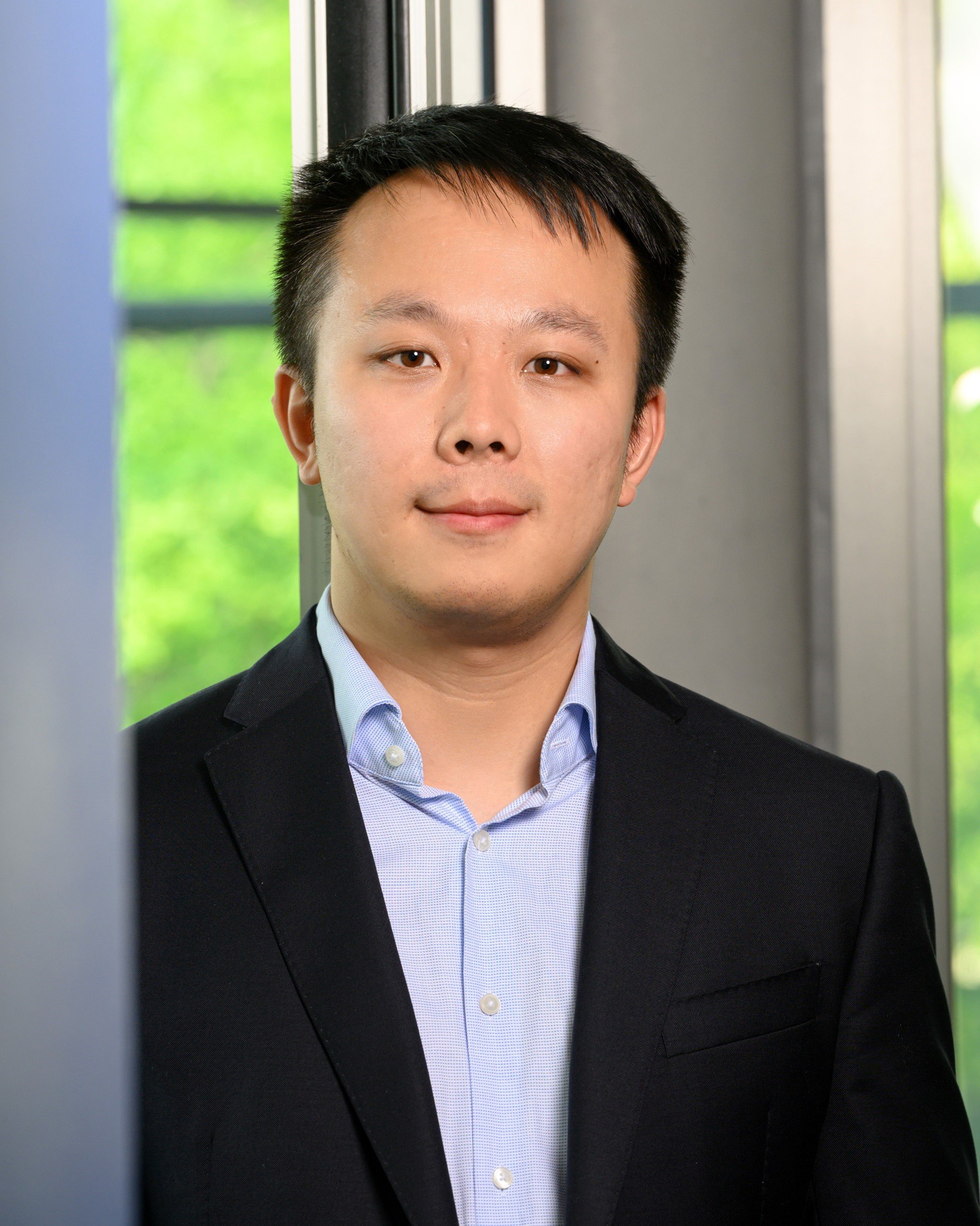Need Help?
17 August 2023
Interview with Dr. Weihan Li—Winner of the Batteries 2023 Travel Award

Name: Dr.-Ing. Weihan Li
Affiliation: Center for Ageing, Reliability and Lifetime Prediction of Electrochemical and Power Electronic Systems (CARL), RWTH Aachen University, Germany
Dr.-Ing. Weihan Li is the head of the research group Artificial Intelligence for Batteries at RWTH Aachen University, Germany. He earned his Ph.D. in electrical engineering with the highest praise, summa cum laude, at RWTH Aachen University in 2021. Additionally, he has conducted research at Imperial College London, the University of Oxford, and Massachusetts Institute of Technology, and gained industry experience at Volkswagen AG and Porsche Engineering GmbH in Germany. Dr. Weihan Li's group focuses on battery modeling, testing, and control from the material to the system level, utilizing physics-based and machine learning approaches.
The following is a short Q&A with Dr. Weihan Li:
1. What are you currently researching, and what made you choose this field?
I’m currently researching the integration of physics-based models and artificial intelligence for battery modeling, testing, and control across the material to the system level. I was inspired to delve into this field during my master's thesis at MIT.
2. Which research topics do you think are of particular interest to the research community in the coming years?
The research community will be highly interested in developing models and diagnosis solutions for new battery technologies and addressing upcoming industrial challenges in battery applications.
3. Can you briefly describe the key to a happy laboratory life?
The key to a happy laboratory life lies in fostering a collaborative and supportive environment, encouraging open communication, and maintaining a healthy work–life balance.
4. Have you had difficulties to overcome in your work? How did you approach those situations?
Yes, I encountered difficulties in my work, particularly with complex battery modeling and control challenges. I approached these situations by conducting thorough literature reviews, seeking diverse perspectives from colleagues and experts, and persistently learning from setbacks.
5. What qualities do you think young scientists need?
Young scientists should possess qualities such as curiosity, passion for exploration, open-mindedness, adaptability, collaboration, and perseverance to excel in their careers.
6. What is your opinion of the open access model of publishing?
In my opinion, the open access model of publishing is highly beneficial for the scientific community and society. It promotes collaboration, accelerates scientific progress, and enhances the visibility and impact of research.
7. As the winner of this award, is there something you would like to express?
As the awardee of the Batteries Travel Award, I express my deep gratitude to the awarding organization and the selection committee. This recognition is an incredible honor, and it motivates me to further advance battery technology and its applications through my research efforts. I look forward to collaborating with the research community to drive innovation in this field. Thank you for this wonderful opportunity!

